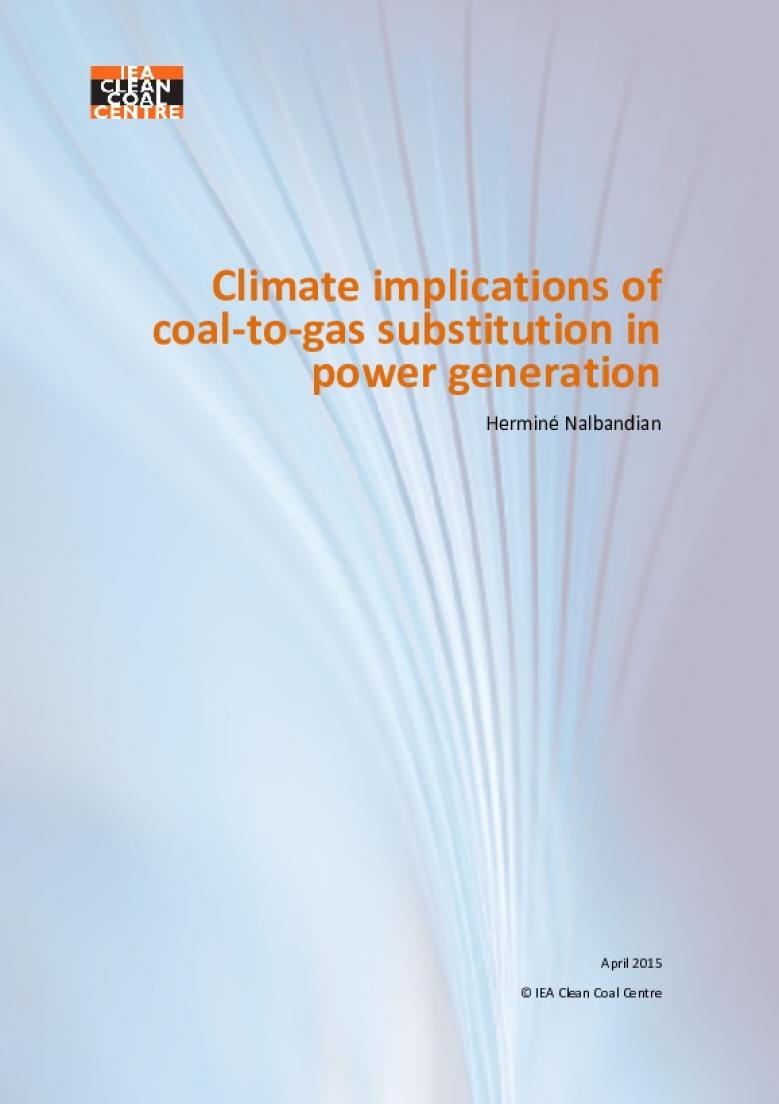Abstract
Coal is the most widely used primary energy source in power generation, with 36% share in 2014 of globally generated electricity. There is currently a trend of substituting coal with natural gas in some parts of the world. Natural gas combustion produces about half the greenhouse gases compared to coal. However, in recent years, several studies considered the implications of methane emissions on climate change in large scale switching from coal to gas for electricity generation. Methane (CH4) is a hydrocarbon and the primary component of natural gas. It is more potent than carbon dioxide (CO2) as a greenhouse gas (GHG), and therefore is a significant contributor to climate change, especially in the near term (10–20 years). The studies have found that methane emissions from gas exploration, extraction, transmission and distribution, unless controlled, could make the benefits of coal to gas substitution, questionable, especially so in the short term. This report reviews these publications and their findings.
Published Date: April 2015
| Attachment | Size |
|---|---|
| 6.64 MB |


